Hi I have the following simple script to read some URLs from the text and post it to another text file with response.
#!/bin/bash
while read url
do
urlstatus=$(curl -o /dev/null --silent --head --write-out '%{http_code}' "$url")
echo "$url"
echo "$url $urlstatus" >> urlstatus.txt
done < $1
As an example I am trying following link:
www.proddigia.com/inmueble/pisos/en-venta/el-putget-i-el-farro/sarria-sant-gervasi/barcelona/6761
However I get 0 as response. When I check with google I get 200. Am I missing something in script?
